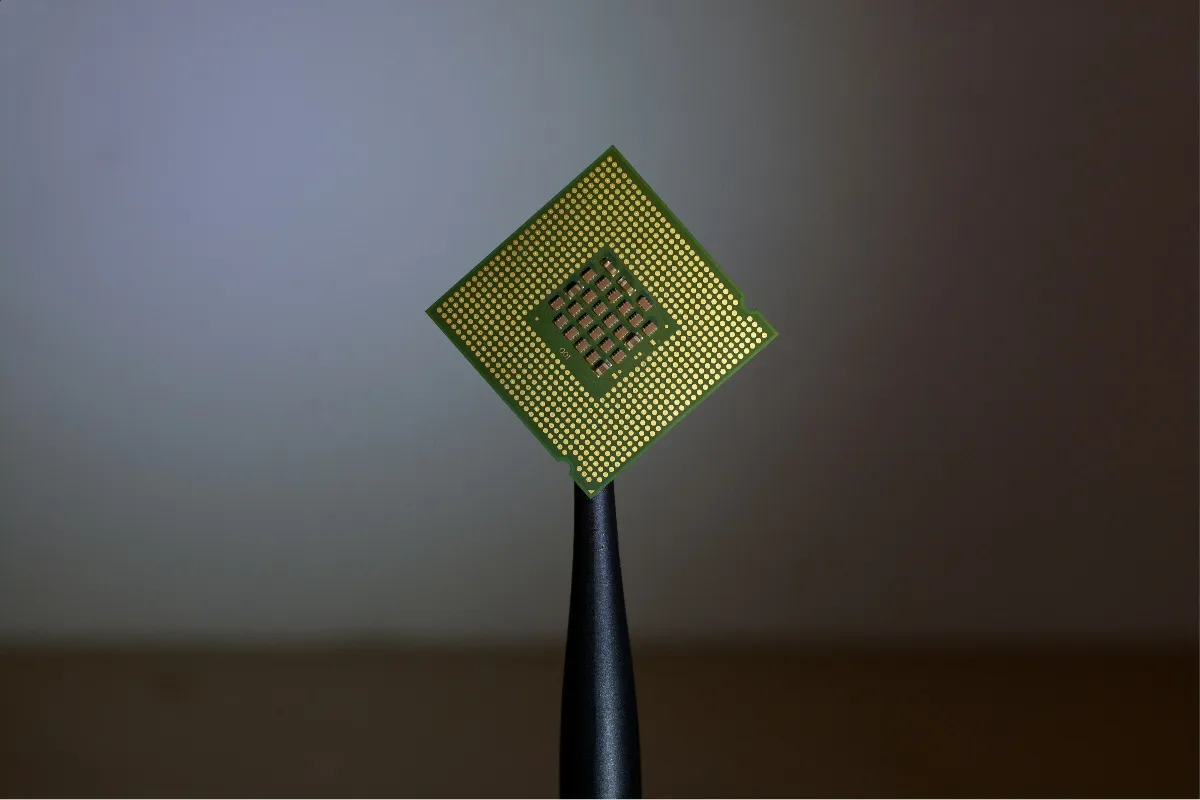
Taiwan reverses trade restrictions amid South Africa-China relations
Taiwan lifted its semiconductor export restrictions to South Africa just two days after imposing them.

Bloomberg reports that Taiwan’s shift in stance reflects its unease with leveraging its chip dominance as a diplomatic tool.
The island nation leads the global chip market through Taiwan Semiconductor Manufacturing Co. (TSMC), which manufactures most of the world’s advanced semiconductors crucial for AI, smartphones, and industrial technology.
Trade restrictions
On Thursday, Taiwan’s Ministry of Economic Affairs announced that it would halt the planned controls after consulting with the Foreign Ministry.
The restrictions, which were announced on Tuesday, would have required pre-approval for most chip shipments to South Africa and were set to take effect in late November.
The initial action was unprecedented: Taiwan had never before imposed chip export limits on another country unilaterally.
Officials presented it as a response to South Africa’s efforts to reduce Taipei’s presence by moving its de facto embassy from Pretoria to Johannesburg, a decision that followed South Africa hosting the 2023 BRICS summit attended by Chinese President Xi Jinping.
South Africa’s ties with China
Pretoria severed official diplomatic ties with Taiwan in 1997, siding with China. Analysts saw the trade restrictions as part of Taiwan’s broader strategy to leverage its central role in the global semiconductor supply chain, dominated by TSMC.
Taipei introduced the controls amid growing frustration with Beijing’s attempts to curb the island’s influence. For years, China has claimed Taiwan as its territory and sought to diplomatically isolate it, while Taiwan governs itself as a self-ruled democracy and resists Beijing’s pressure.
So what now?
he abrupt suspension shows that officials reassessed the risks, especially the potential impact on global supply chains and Taiwan’s tech firms.
On Wednesday, China, which would face major exposure from any Taiwanese chip restrictions, accused Taipei of “deliberately destabilising” supply chains.
The reversal highlights the delicate balance Taiwan must maintain: protecting its sovereignty while avoiding actions that could damage its reputation as a reliable supplier of the world’s most advanced chips.
